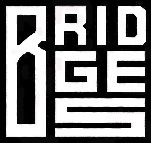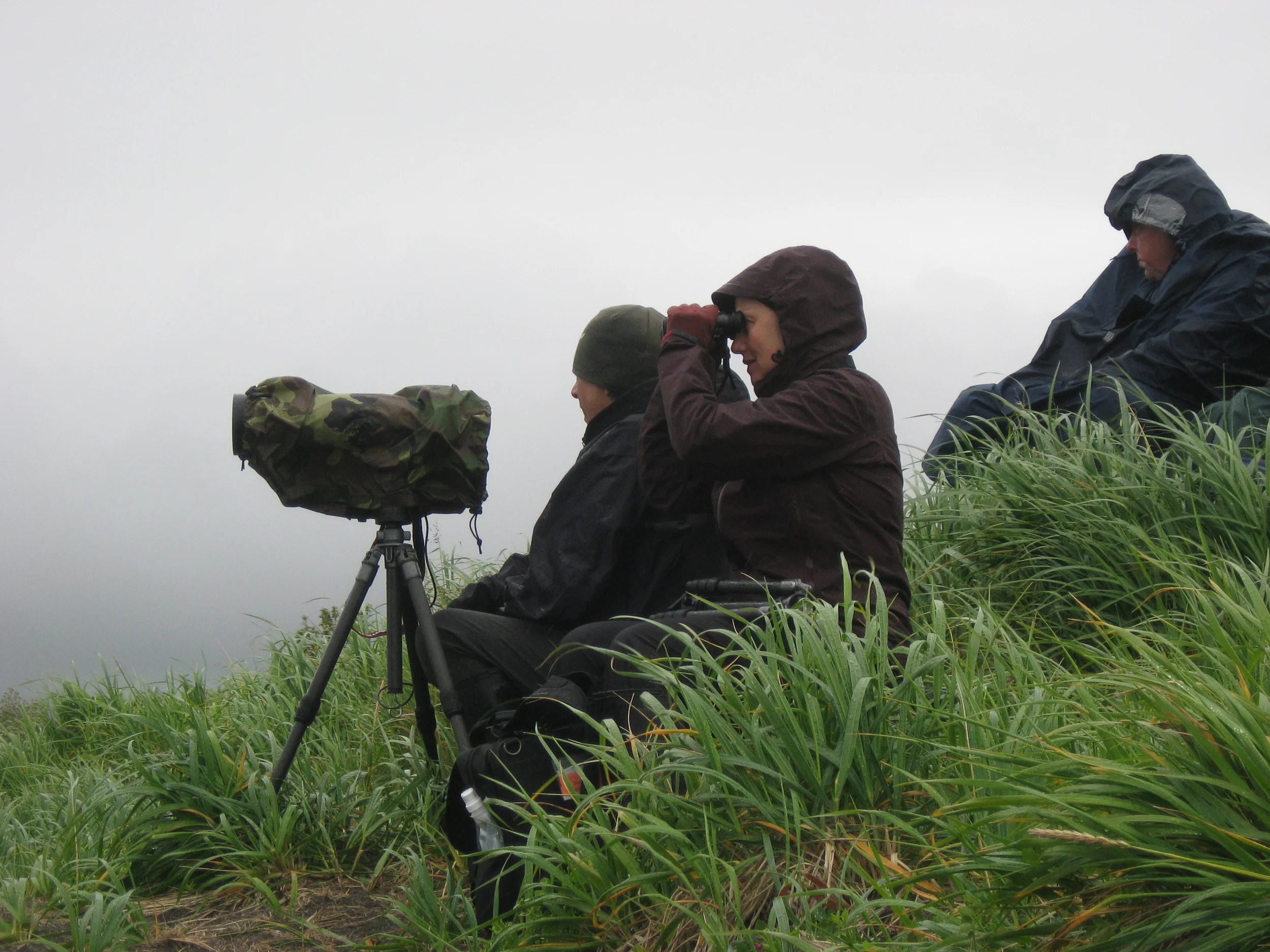Mostly, I take photographs so that I can see things better.
All too often I see things that pass quickly. I miss the details. And I can't review what I've seen (which is important for memory). Things disappear too fast. Photography freezes the moment. It also lets me zoom in to see details. I can spend time isolating an event or a subject. If I've done a good job in creating images and explaining their context, I can also share them with other people.
Subjects
waikiki and downtown honolulu from the top of diamond head
I hiked up to the top of Diamond Head recently. There was a great crowd of people as this is a popular sunrise vantage point. Virtually everyone had a camera. In almost all cases they used these cameras to take selfies or to place someone in front of the view as they photographed Waikiki or the surrounding area. That is not what I do.
Times square glows in new york city's night sky
I've taken a lot of landscape photographs and still look for interesting opportunities to capture vast swaths of nature. Cityscapes, too. Particularly at night when the streets are empty.
I'm a botanist and, to nobody's surprise, I take lots of pictures of plants. Mostly flowers. I do this in nature (often in Hawai`i, but also other places) and in botanical gardens. I get drawn into places where plants are grown (such as the Flower Fields in Carlsbad, CA).
My botanical specialization is ethnobotany. That means that I am attracted to vegetable markets and flower markets. I also focus on how people use plants, particularly when there is a strong cultural link to plant use.
Big birds are an attraction. I like it best when I can find them in nature.
ranunculus at the flower fields in carlsbad, california
An American Crow eating a morsel plucked from the rocks on the shoreline near Tofino, British Columbia



